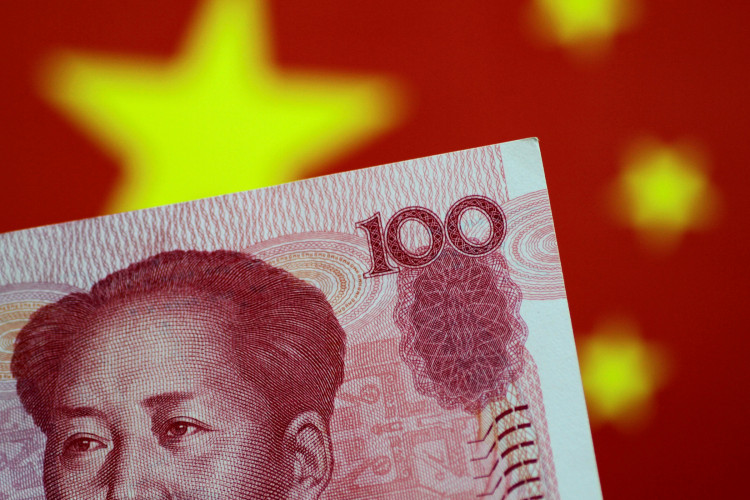As the nation gears up to implement a revised anti-monopoly law in August, China's market regulator announced on Monday, June 27, draft rules and clauses aimed at boosting its ability to regulate antitrust behavior.
The Anti-Monopoly Law (AML) of China in a narrow sense refers only to the Anti-Monopoly Law of the People's Republic of China, passed by the National People's Congress on Aug. 30, 2007, and implemented on Aug. 1, 2008.
In a broad sense, it refers to the anti-monopoly legal system of China, including not only the AML, the post-AML ancillary legislative, and legal documents for the purpose of enforcing the AML, but also all pre-AML legislative and administrative documents with an anti-monopoly nature, as well as regulatory or administrative enforcement, private enforcement, and judicial procedures.
Since the Deng Xiaoping era, China has been working to develop its socialist market economy, and the implementation of the anti-monopoly law was a milestone in that direction.
The other key line of policy is the shift from a planned economy to a market economy, which allowed market-based resource allocation. The goal was to build a customized system that takes advantage of both effective market and active government. In other words, to permit both the "invisible hand" of the market and the "visible hand " of the state to play their role.
A crucial feature of this market economy transition is the anti-monopoly law, which was adopted in 2007 and entered effect on Aug. 1, 2008. Although businesses, the government, and the general public are aware of anti-monopoly issues, China still lacks a culture that values free competition. This is also the reason why the legislation process was incredibly difficult and required twenty years of work (1987-2007)
The State Administration for Market Regulation (SAMR) announced that it wanted to get feedback from the public on its proposals, which range from explanations of what agreements might be viewed as monopolistic to rules dictating how local governments with the authority to limit competition should act.
Companies must request an antitrust evaluation of their proposed mergers or acquisitions, for instance, if one party's annual global income exceeds 12 billion yuan (US$1.79 billion) and at least two parties' combined domestic sales total 800 million yuan, according to the SAMR.
Late in 2020, Chinese regulators started stepping up their enforcement of various laws. They focused in particular on the once-freewheeling "platform economy" enterprises due to actions they deemed monopolistic, fining corporations like Alibaba Group and Meituan billions of dollars.
The country's 2008 anti-monopoly law began to be modified by authorities last year, with a new focus being placed on the digital economy and increased fines, among other changes. According to Xinhua last week, the changes will go into effect on Aug. 1.






